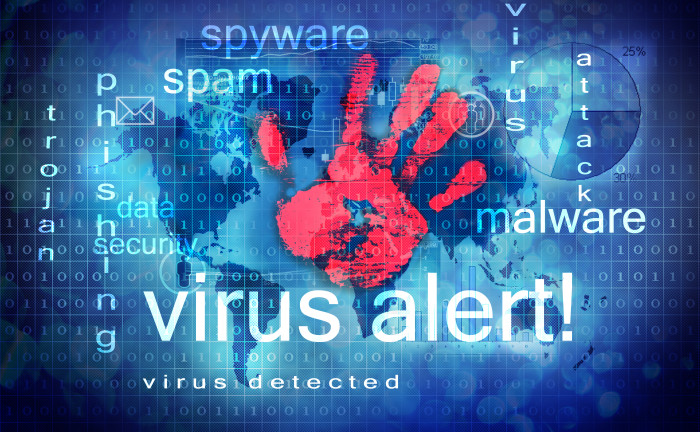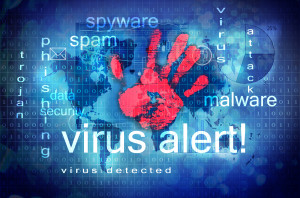
Mistakes We Made and Mostly Recovered From!
When it Rains it Pours
Mistakes We Have Made and Mostly Recovered
When it rains it pours
In the last blog I described a frustrating experience in which a contractor with Administrator rights to our Facebook page had locked us out of our Facebook page. We had just recovered from this Facebook challenge and had once again received the rights to our page, when we faced another challenge and learned our next lessons.
With a sigh of relief after the Facebook incident, we started doing some constructive work on our site (www.WorldWomanWarrior.com). Within a day of this start, I received an email with subject line, “Hurray! Your package is mailed to you.“ I was happy to get the message because I had been waiting patiently for a book I had ordered from Amazon a few weeks previously. However, when I opened the email, the computer started acting crazily, moving things around all over the page. I quickly shut the computer off, but it was too late. The virus had invaded.

- Mistake number #1: I should have known that Amazon had never sent me a giddy message with “Hurray” as the opening word. I should not have opened the email.
- Mistake number #2: Just before leaving on my overseas trip I had placed all my files in Dropbox. I thought, mistakenly, that I could retrieve all my files from Dropbox, no matter what happened on my computer. I should have known that Dropbox’s function is sharing the files –not backing up the files. My assumption in thinking that Dropbox was backing up my files was a stupid assumption. It is true that as long as I could log onto Dropbox, I would be able to retrieve all my files placed in Dropbox. But once those files were ruined, I would only see the “dead bodies” of those files which had been killed by the virus.
- Mistake number #3: For several years, I have been using Carbonite as my backup facility. I assumed that I would be able to download all my files from Carbonite, but I didn’t realize that Carbonite only worked when I was on my computer in my New York City apartment with Time Warner’s high speed Internet, called Extreme Internet. But I was in Pune, India in our apartment, and Extreme Internet wasn’t.
- Mistake number #4: I should have waited until I got back to New York to restore my files, but I didn’t. I started the recovery process in Pune, and, in the midst of the recovery process, the electric power went off. This happens in Pune quite often. Even though we have the so-called Inverter, which inverts the electric power from the electric utility’s electric power to charged batteries, it didn’t help. So, when we lost power in the middle of my recovery process, I had to restart the backup process from the beginning. Moreover, the speed advertised by the Internet Service Provider in Pune was 50 MBPS,[1] and this slow speed started to get very frustrating. Eventually, I decided to attempt to restore my files after returning to New York City, where I would be able to accomplish my task in much less time.
Recovery: Nothing beats an external hard drive backup, which you can keep in your back pocket when you are traveling. Fortunately I had not only one but two Seagate External hard drives of 1 Terabytes each, which I carry with me wherever I travel. Those two are appendages, so to say, of my laptop.
I had placed all my files on these external hard drives. The missing pieces were the files that I had created or revised from the day I left New York City till the virus attack, about two weeks. I could recreate some of the files from email attachments I had sent to my associates. I was only missing a few data files. Thankfully, my system software was not affected, because I had not carried that backup with me.

- Lessons learned:
- Don’t click on anything that you don’t recognize. I’m sure this is a reminder and not something new I am telling you. I am telling it to myself as well. If someone is desperate to reach you, and they don’t hear from you, they will likely send the email again or try to get in touch with you via some other means.
- Once your files are dead they are dead: Don’t think that your dead files can be brought to life – no matter what the technical wizard who is trying to recover your files tells you. Don’t spend any money on a technical wizard who promises to recover your dead files.
- Install software to protect all of your laptops from viruses, malware etc. My Windows security software didn’t catch the culprit. I relied on it. The Windows software- Windows Defender – doesn’t cost extra, the cost is bundled with the Windows software. I should have had it. The saying holds good, “You get what you pay for.” It is worth spending the money to protect your data files from viruses and malware.
- Spend some money on a reputed backup software: It is important that each file from your laptop is backed up as soon as it is created or updated at the site of the software vendor or in the cloud of the software vendor.
- When you travel, carry an external hard drive with your files and one with your system software. In spite of all you know, you may make an error. Electricity may not be reliable. Many unexpected things happen when one travels. Having the external hard drives can save you a vast amount of anxiety when something goes awry.
Mistakes can happen at any time; we all make them. What would be a small error at home can easily turn into a nightmare on the road. The first line of defense is to use extra caution about opening emails and files. The second line of defense is to think ahead and be prepared – have backup systems in place, understand what those backup systems do and don’t do, carry external hard drives. As William Shakespeare said in Hamlet, “When sorrows come, they come not single spies. But in battalions!”
[1] Most people read MBPS as Mega Bytes Per Second, but it should be read as 50 Mega Bits Per Second – meaning it needs to be divided by 8 – because one byte is made up of 8 Bits.



